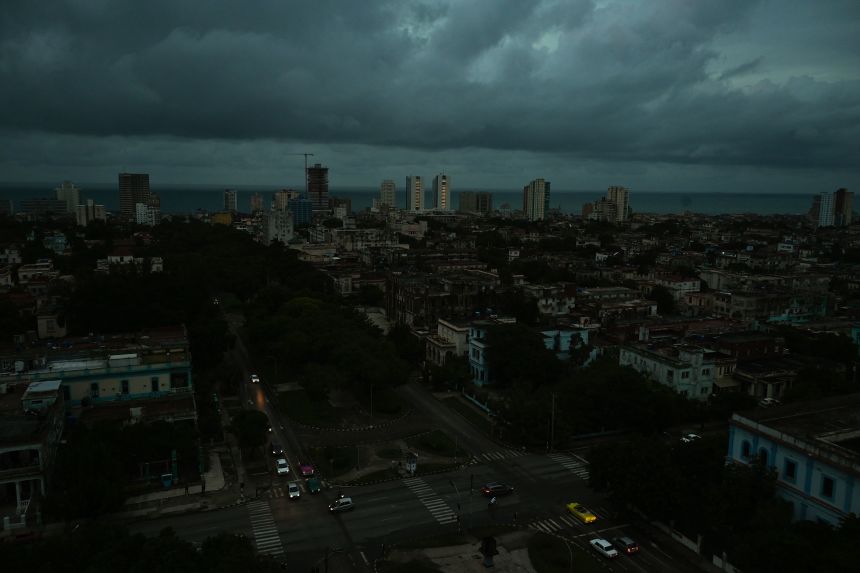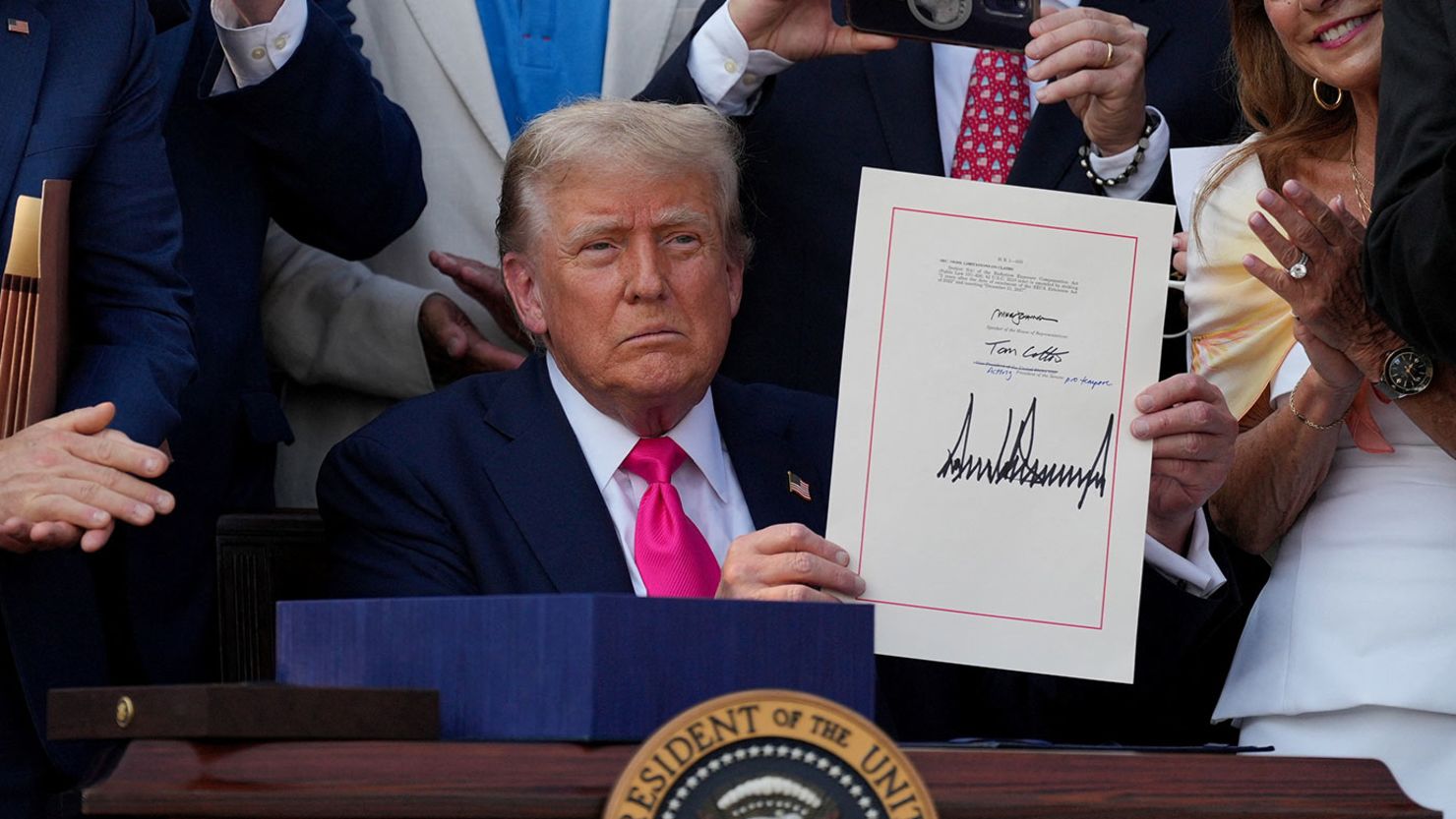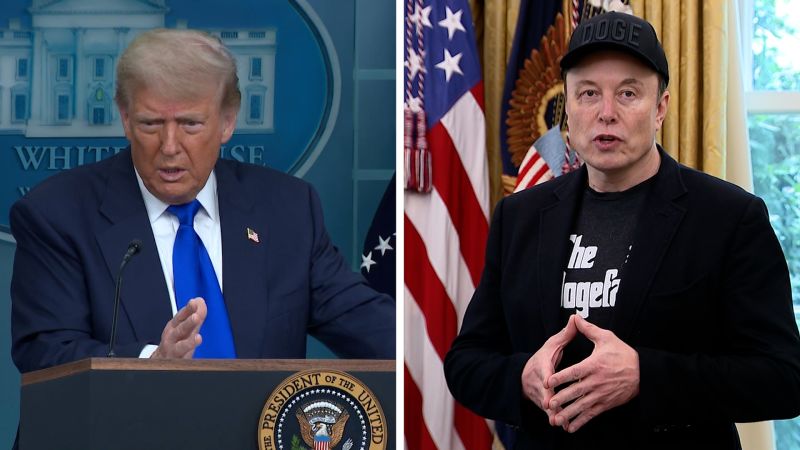The smell of garbage is overwhelming and intense under the Caribbean sun. The accumulated waste is such that an entire street in Havana, far from its tourist district, was blocked to traffic.
Yet garbage collectors here aren’t on strike; they simply don’t come often enough. It’s just another example of Cuba’s decline over the past year, alongside blackouts and water cuts: the results of an economic and energy crisis that is battering the island and that authorities no longer attempt to deny.
Cuba’s economy declined by 1.1% in 2024, according to the government, which since the end of 2023 has spoken of a “war economy” due to adverse conditions. Meanwhile, the United Nations’ Economic Commission for Latin America and the Caribbean (ECLAC) projects it will contract even further this year, by 1.5%. And although inflation is slowing, it remains above double digits, according to official figures.
“We are in a recession, a quite complicated situation. In a country where blackouts last up to 20 hours in some localities, the productive sector does not function,” economist and researcher Everleny Pérez Villanueva, former director of the Center for Cuban Economic Studies at the University of Havana, told CNN, describing the situation of waste collection in the capital, where he lives.
“I go out with my car and there are no traffic lights in the city, there are complicated high-speed areas,” he added.
Continue reading the complete article on the original source



